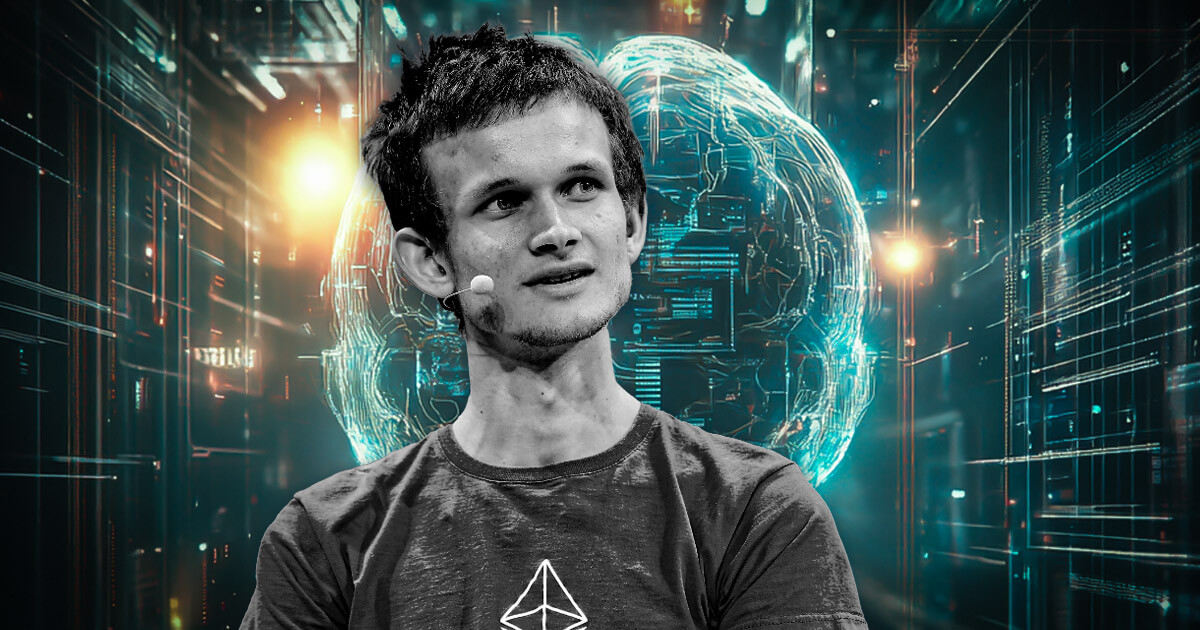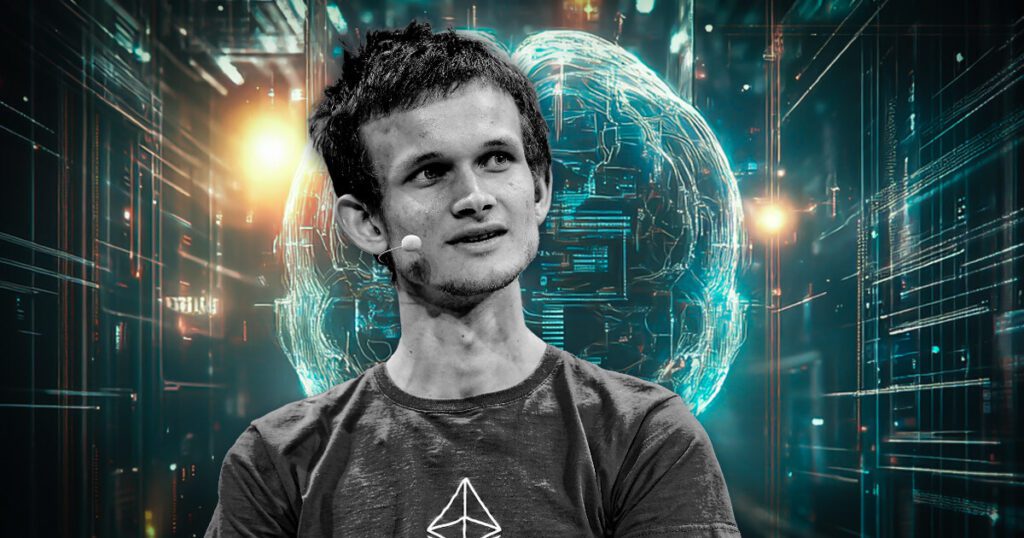
Ethereum co-founder Vitalik Buterin has raised concerns about the potential dangers of unchecked artificial intelligence (AI) programs.
In a January 10 article on X, Buterin warned that mismanaged AI could create self-replicating intelligent entities that pose risks to humanity.
He declared:
“Misused AI creates new forms of intelligent, independent, self-replicating life. Well-made AI is mecha adapted to the human mind. If we do the former without the latter, we risk a permanent deprivation of human power. If we do the latter, a superintelligent human civilization flourishes.
He explained that while some AI systems, such as chatbots designed to improve user interfaces, are beneficial, others could pose significant risks. Specifically, AI agents that operate autonomously for extended periods of time could potentially challenge human control and strip society of its power.
To mitigate these risks, Buterin proposed focusing on AI systems that complement human intelligence, turning them into tools that amplify collective capabilities instead of replacing them.
Such an approach, he said, would transform AI into a powerful tool for enhancing human capabilities while avoiding unnecessary risks.
d/Acc.
A major part of its strategy involves the concept of decentralized and democratic differential defensive acceleration (d/Acc). This approach emphasizes the development of decentralized tools to address emerging AI-related threats.
Buterin expanded on this idea in a recent blog post, describing d/Acc as a framework designed to decentralize defensive technologies. The goal is to empower individuals and communities to protect themselves from the potential dangers posed by rapid advances in AI.
This strategy allows for a more democratic distribution of technological power by putting defensive capabilities in the hands of communities. For example, decentralized systems could monitor, thwart, or even neutralize harmful AI activities without relying on top-down control from governments or corporations.
Buterin explained that d/Acc could serve as a safeguard in scenarios where AI technologies evolve in unpredictable ways. Additionally, the democratization of defense ensures that no single entity can dominate or exploit the potential of advanced AI, thereby fostering a more balanced and resilient technology ecosystem.
The Ethereum co-founder also highlighted the ethical responsibilities of developers in this rapidly evolving field. He argued that decentralized approaches such as d/Acc improve collective security and encourage transparency and collaboration in AI development.
Buterin wrote:
“A very favorable idea for d/acc is to make the owners or operators of any equipment that an AI takes over (e.g. by hacking) responsible in the process of carrying out a catastrophically harmful action. This would create a very broad incentive to work hard to make the world’s infrastructure (especially computing and biological) as secure as possible.




